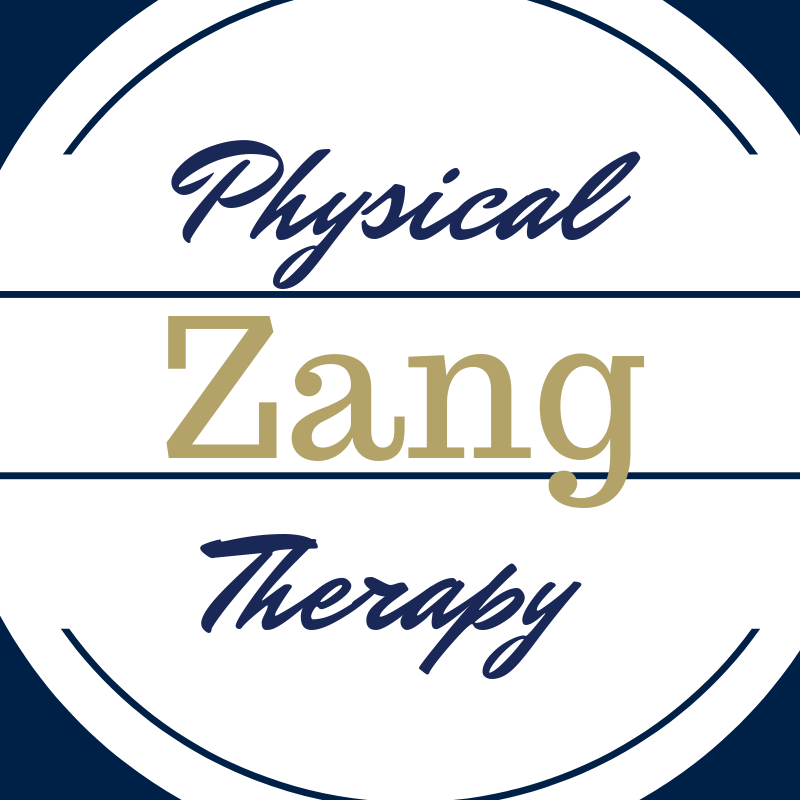There is a newer buzz in the physical therapy world regarding what we call the pain sciences. This entails educating patients more specifically about how pain is processed by the brain and experienced by the individual. Because pain is an individual experience, it is not possible to treat all patient’s pain the same. If physical therapists understand a bit about what may going on, then potentially we can teach the patient how to begin to overcome this potentially debilitating issue (translate theory into practice).
The art and science of treating pain is the ability to read the individual patient to the point of making a treatment decision as to how receptive a patient may be to the idea of pain science talk, and then implementing said plan. There are many different treatment options from pain education to various exercise integration techniques. Now I am by no way an expert in this area and likely never will be but….there are much smarter individuals on this topic including Adrian Louw and Lorimer Moseley among many others. One of my favorite online talks on pain seen here (https://www.youtube.com/watch?v=gwd-wLdIHjs) puts this topic in perspective (about 15 min). What I do feel confident in saying is that part of the battle is teaching patients that pain does not necessarily mean damage to the body.
I am not saying pain is all in your head, BUT it kind of is. The brain via input from your body, past experiences, social norms, etc influence the pain experience. Re-framing this pain experience is vital to making progress. I was all ready to share a personal experience with a patient, but reading a recent blog by Brett Neilson PT (www.evidenceinmotion.com/blog/2016/05/04/altering-processing-manual-therapy-pain-education-case-example/) put it in great terms so why re-write the same message.
The bottom line here is….the more a patient is educated on their condition and the pain processing or how the pain experience is framed for them, the better treatment is likely to progress. If the patient believes they will feel better, then chances are they will start to feel better than a patient who fears their pain will never end. Pain can be a major hurdle to clear when recovering from an injury, but the belief that things will get better and movement is good for the body may be even more powerful then any fancy intervention provided by therapists like me.
If you are suffering from chronic pain, there is hope. It is possible to overcome pain without medication and injections. Confront it by being active and seeking help when necessary. Focus on those activities you are missing due to pain and use them as motivators to regain your life’s passion.
To return to the beginning, “re-framing” pain is a vital step to overcome it. If you are suffering, reach out to me and we can discuss your options for overcoming pain by “re-framing” it.
